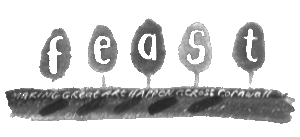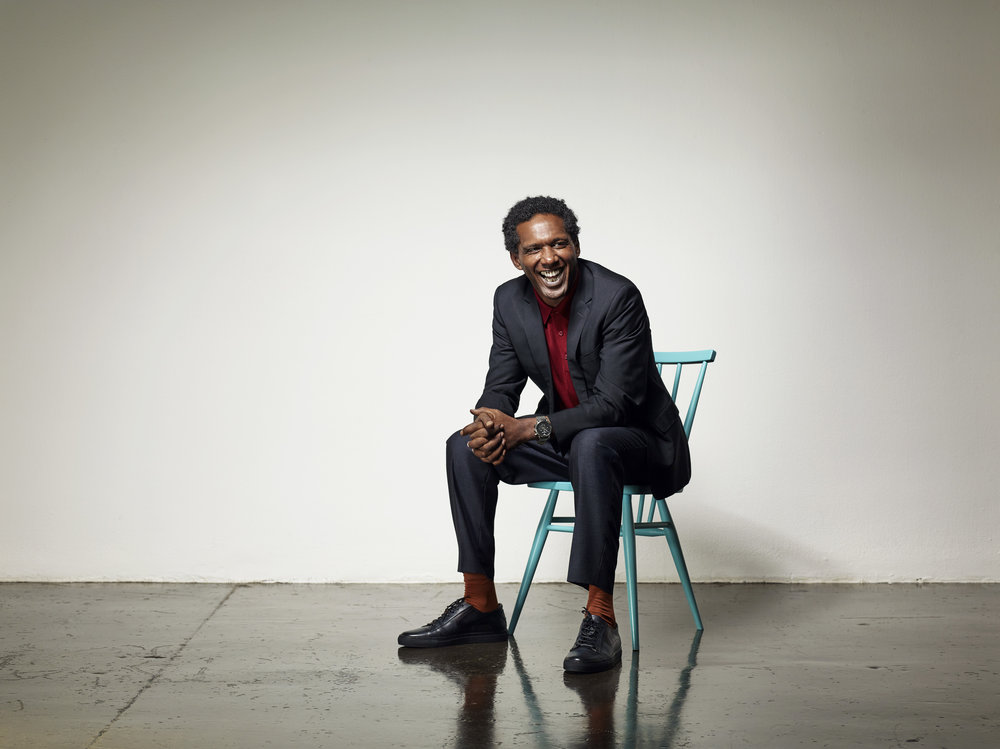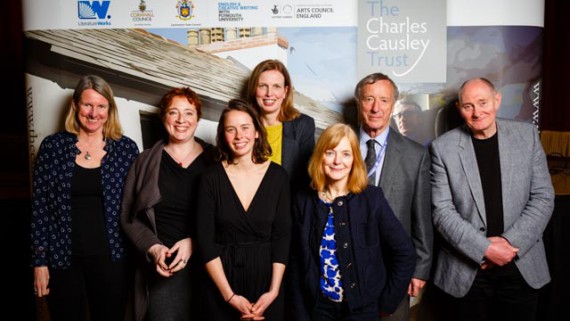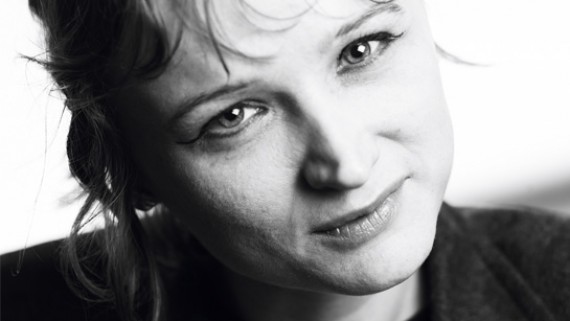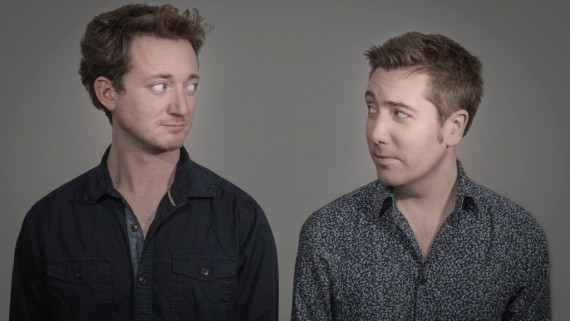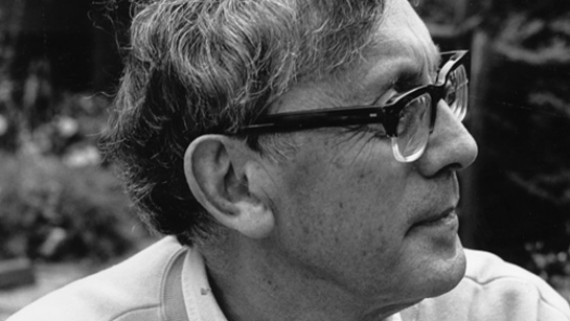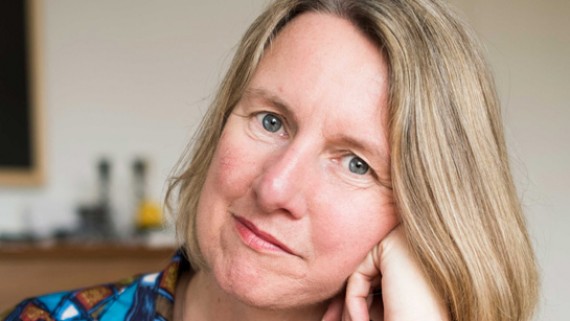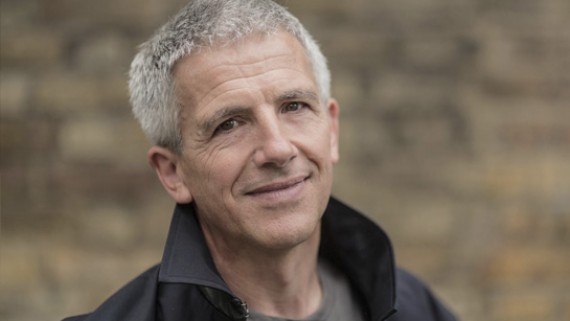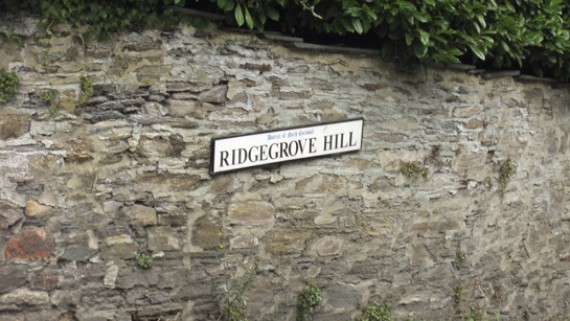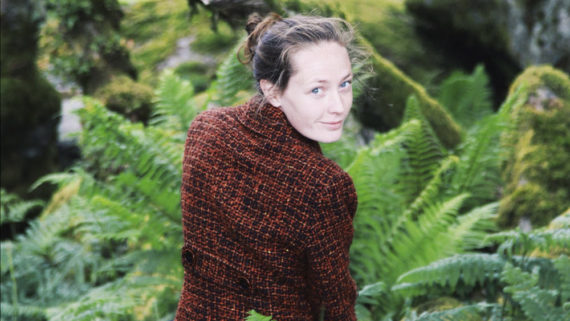At last we are in a position to announce the winner of the 2020 Charles Causley International Poetry Competition! Thank you for bearing with us. We are delighted to announce that this year’s winner is Elena Croitoru who wins our top prize of £2,000 for her poem titled Tower Block Twelve. Before we tell you more about Elena, we thought we would share Lemn Sissay’s thoughts on judging our 2020 competition.
‘As judge of The Charles Causley International Poetry Competition 2021 I think it is fair and right that I should elucidate on my feelings on choosing the winners, the commended poems and the competition as a whole. I have judged the competition whilst in lockdown so it’s been like having an intense stimulating conversation with a group of fascinating people. I am thankful for the opportunity and to have had these poems for company.
What do I want from poems? What do any of us want from art? I want to feel intrigued by the pathways they create, and entranced by their magic. I want to be enveloped in their style. Like finding a new friend I want to be fascinated by their existence and in wonder at their being so… so brilliant. I want to feel the confidence and conviction of each writer in the words of their work.
Think of a poem as a car journey to an incredible place you have never been. You want to be in awe at the view and enrapt by the conversation on the way. You want to be captivated. You don’t want to be worrying about whether or not the driver can drive. Confident writing denotes commitment to skill, style and subject and that is what I found most in the winning poems. New landscapes’.
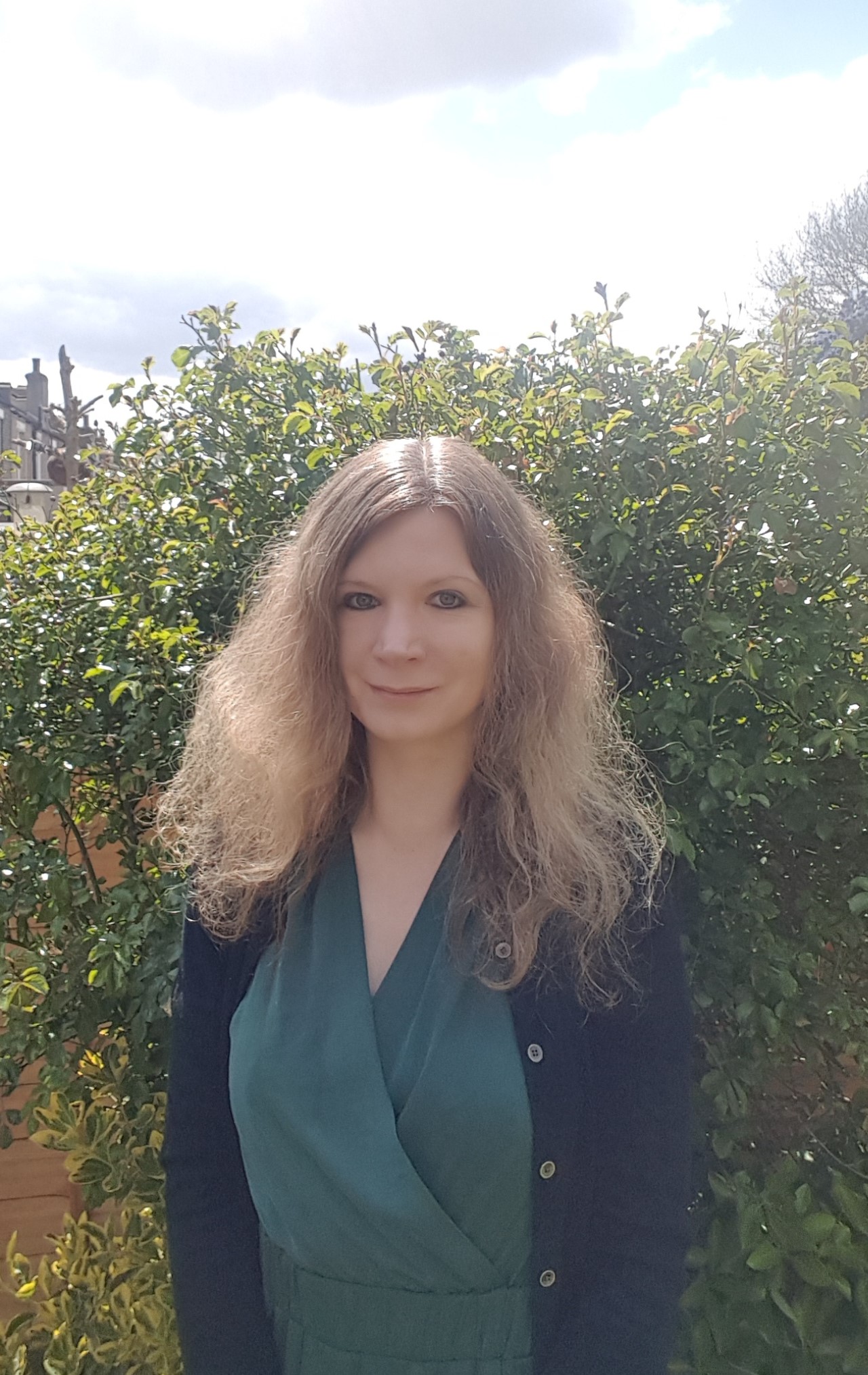
And so to our talented First Prize winner, Elena Croitoru. Elena lives in Kent and has an MSt in Creative Writing from the University of Cambridge. Her work was included in Best New British & Irish Poets 2021, Southword Journal & other magazines. She won/was a finalist for prizes such as the Edward Thomas Award, Foley Poetry Award, Mairtin Crawford Award, Poetry Teignmouth Prize, Bridport Prize & other awards.
She is currently working on her first poetry collection and her first two novels and she is also a board member of Exiled Writers Ink.
Elena’s prize winning poem is titled Tower Block Twelve and can be accessed by clicking the title.
Our huge congratulations to Elena on winning the top prize in what was an extremely competitive field. On judging Elena’s poem to be the overall winner, Lemn Sissay said,
‘It is panoramic and yet intimate, contemporary and yet historical. Each block of text describes an apartment in a block of flats so the physicality of the poem on the page reflects the subject matter. But that is just the shape. The stories in each apartment slowly (almost imperceptibly) intertwine and lastly the author is waiting in an apartment next door for his parents to come home. Authoritarianism, populist nationalism, and its effect on real people are explored here with great skill and intimacy. It is a poem of our times and the subject matter never overtakes the poet’s skill for detail. Tower Block has an author as gallerist of human behaviour, curator of sight specific art. I feel I am underselling this poem. Let me put it another way. What happens in this poem could happen to any of us. Part of its power is the art of its power!’
Second Prize is awarded to Leo Boix for his poem titled A Fable. (Click on the title to read the poem).
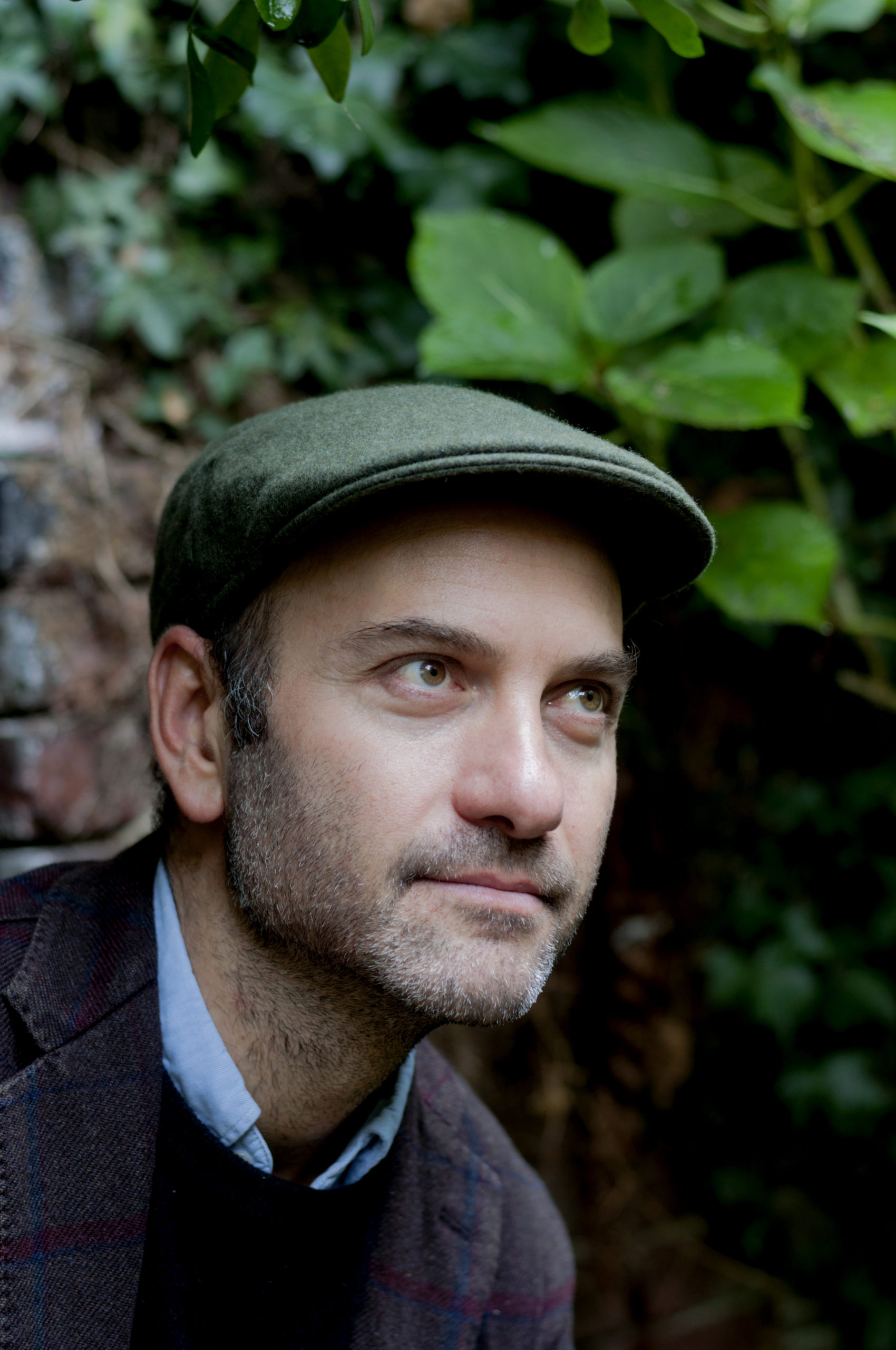
Photo credit: Naomi Woods
Leo Boix is a bilingual Latinx poet born in Argentina who lives and works in the UK. Boix has been included in many anthologies, such as Ten: Poets of the New Generation (Bloodaxe), The Best New British and Irish Poets Anthology 2019-2020 (BlackSpring Press), Islands Are But Mountains: Contemporary Poetry from Great Britain (Platypus Press) and Un Nuevo Sol: British Latinx Writers (flipped eye). His poems have appeared in POETRY, PN Review, The Poetry Review, Modern Poetry in Translation, The Manchester Review, The White Review, Ambit, The Morning Star, The Rialto, Magma Poetry, The Laurel Review, bath magg, Contra, Letras Libres, Prism International and elsewhere. Boix is a fellow of The Complete Works program and co-director of Invisible Presence, an Arts Council national scheme to nurture new voices of Latinx writers in the UK. He is also a board member of Magma Poetry, co-editor of its Resistencia issue showcasing the best Latinx writing, an advisory board member of the Poetry Translation Centre and a mentor for the Ledbury Poetry Critics scheme. He wrote poems commissioned by Royal Kew Gardens, the National Poetry Library, Bradford Literary Festival and La Línea Festival, among others. Boix was the recipient of the Bart Wolffe Poetry Prize Award 2018 and the Keats-Shelley Prize 2019. ‘Ballad of a Happy Immigrant’ is his debut English collection and will be published by Chatto & Windus (Penguin/Random House) in June 2021.
On selecting Leo’s poem for the Second Prize, Lemn Sissay said,
‘So much is packed into fourteen lines. If this were a dish or even a good wine I would say something like “the flavours are incredible. It explodes on the tongue and has deep notes of folklore and magic”. I savoured the taste. I think it is about the birth of a strange child by a strange woman. Strange is not the word. Magical could be the word “a magical birth” by a woman from another world. I am guessing “the gardener” to be the maker of our world but in a different analysis the poem could be about a natural phenomenon in a garden pond or by a rock pool. Either way it is absolutely entrancing, evocative and in some way threatening. A poem sometimes feels as if it is looking at a private moment. This one does’.
Third Prize is awarded to Sophie Sparham for her poem titled Sunrise over Aldi. (Click on the title to read the poem).
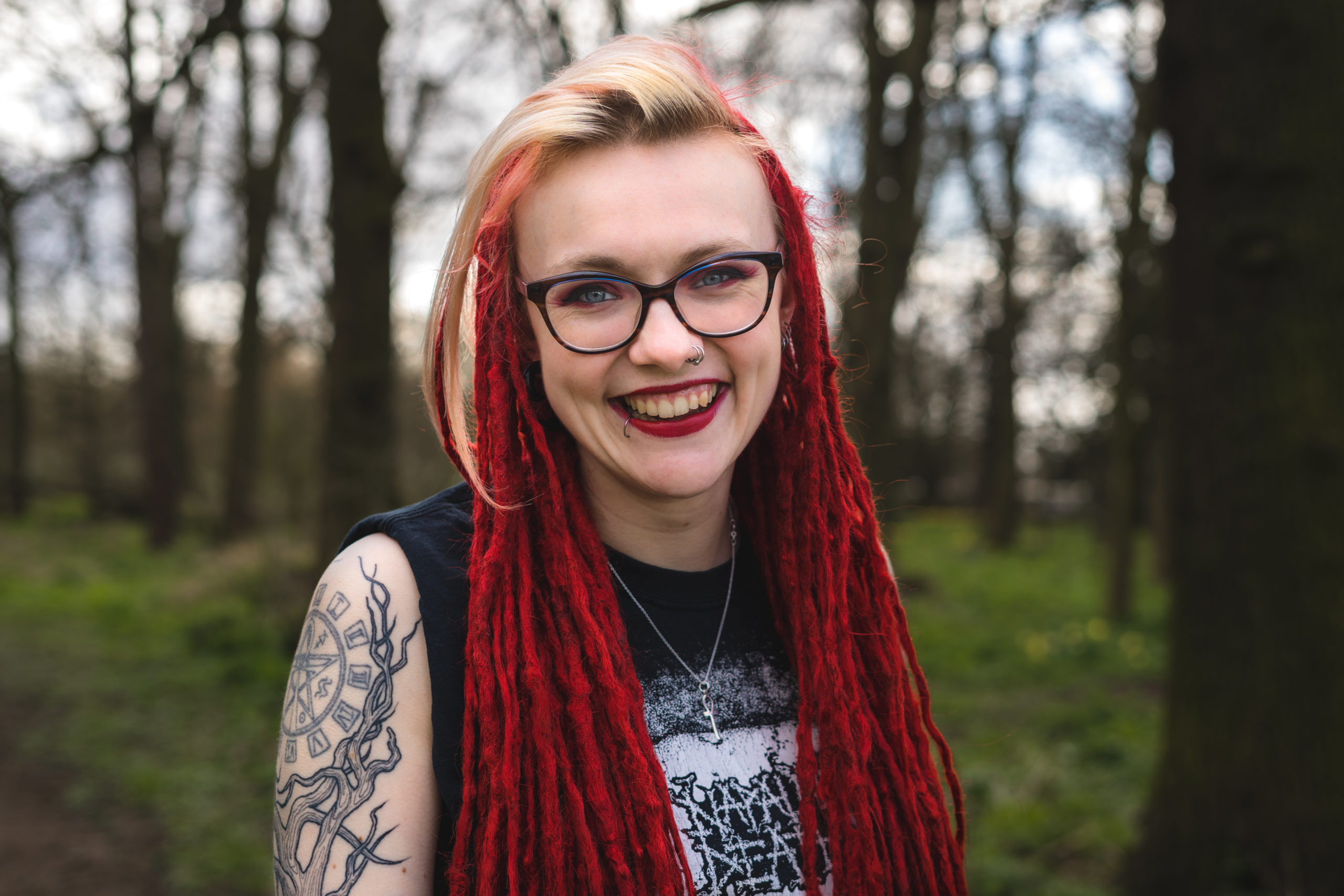
Sophie Sparham is a poet and writer from Derby. She has written commissions for BBC Radio 4, The V&A and The People’s History Museum. She co-hosts the night Word Wise which won best spoken word night at the 2019 Saboteur Awards. Her latest collection ‘The Man Who Ate 50,000 Weetabix’ came out in April via Verve Poetry Press.
On selecting Sophie’s poem for Third Prize, Lemn Sissay said,
‘It is with lockdown in mind that the third prize goes to “Sunrise Over Aldi” although I would have chosen it regardless. It’s refrain “ It won’t always be like this” is a strong mindful whisper couched between stark crisp and original moments of reconciliation. Stories. It was inspiring (that overused word) in the present condition of our times. Sunrise Over ALDI is a restorative poem. It is crisp and tightly written and doesn’t fall into melancholy as it reaches the illuminating denouement. It so easily could’ve. To put it bluntly (which I’d rather not) Sunrise is about convincing a person to step back from suicide. The poem would make a beautiful short film’.
In addition to the three main prize winners, there were five Highly Commended poems each winning a prize of £30. Each poem can be accessed by clicking the title.
Samantha Carr for Wheelchair Application
Michael W. Thomas for Centra
Louise Vale for I want to make tzatziki
Neil Beardmore for MATHS EXAM
Victoria MacKenzie for Plant, Animal, Both
In his selection of the Highly Commended poems, Lemn Sissay said,
‘The Highly Commended poems are fizzing with ideas like the yearning for home in ‘I want to Make Tzatziki’ . I loved ‘Wheelchair application’ and especially the protracted metaphor of the watch and the cogs and the throne of dust!. ‘Plant Animal’ is a genius idea executed with wit. It is one of the best I have ever read on Climate Change. And ‘Maths Exam’ had romance and could have been a short film. ‘Centra’ heralds women workers in one of my favourite countries in the world, Ireland.
When I review the highly commended poems, as I have just done, I wonder about my choices for the top three winners. But I am staying with my decisions in the hope that you will understand that a different judge will have chosen different winners. My judgements are subjective. There is no poetry committee, which runs the world. The poetry world is your world. I hope that you send your poems off to more competitions. I hope that you get involved in writers workshops and anything that will enhance your journey as a writer because whether you are highly commended, a winner or an entrant who has not won, treat this as the beginning of the journey. Every poem is a new start, a new world, a new beginning’.

